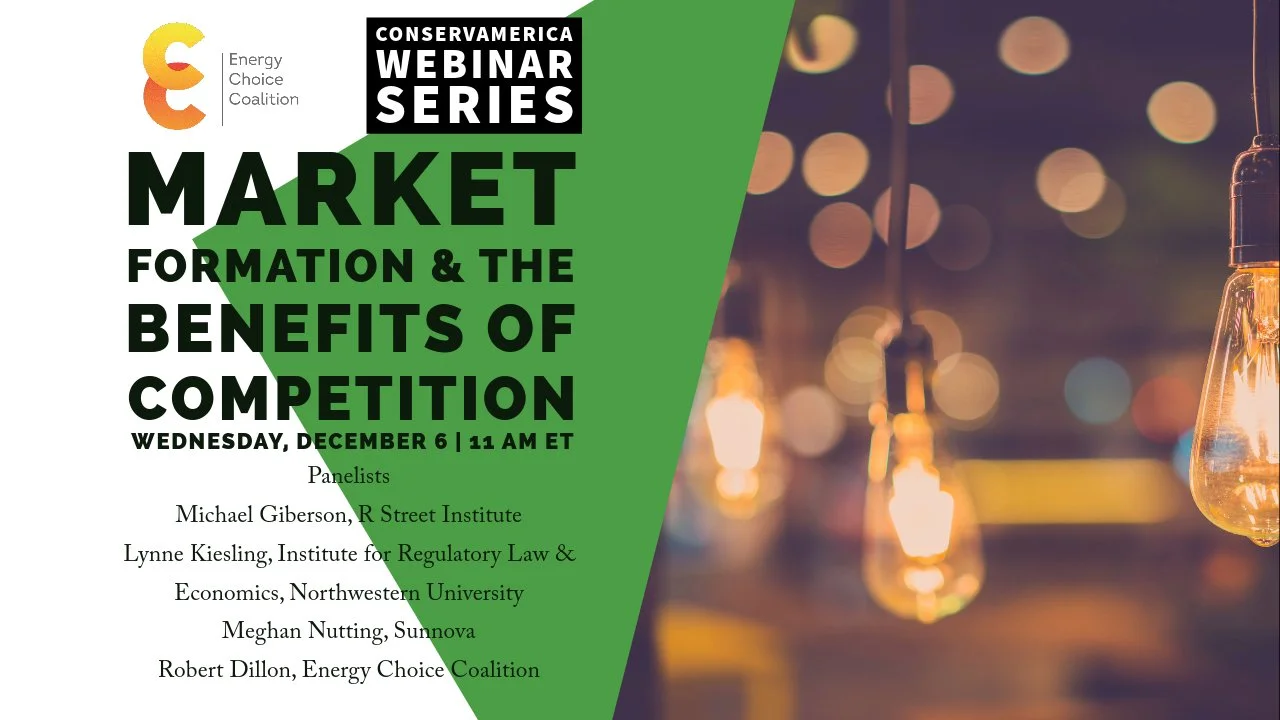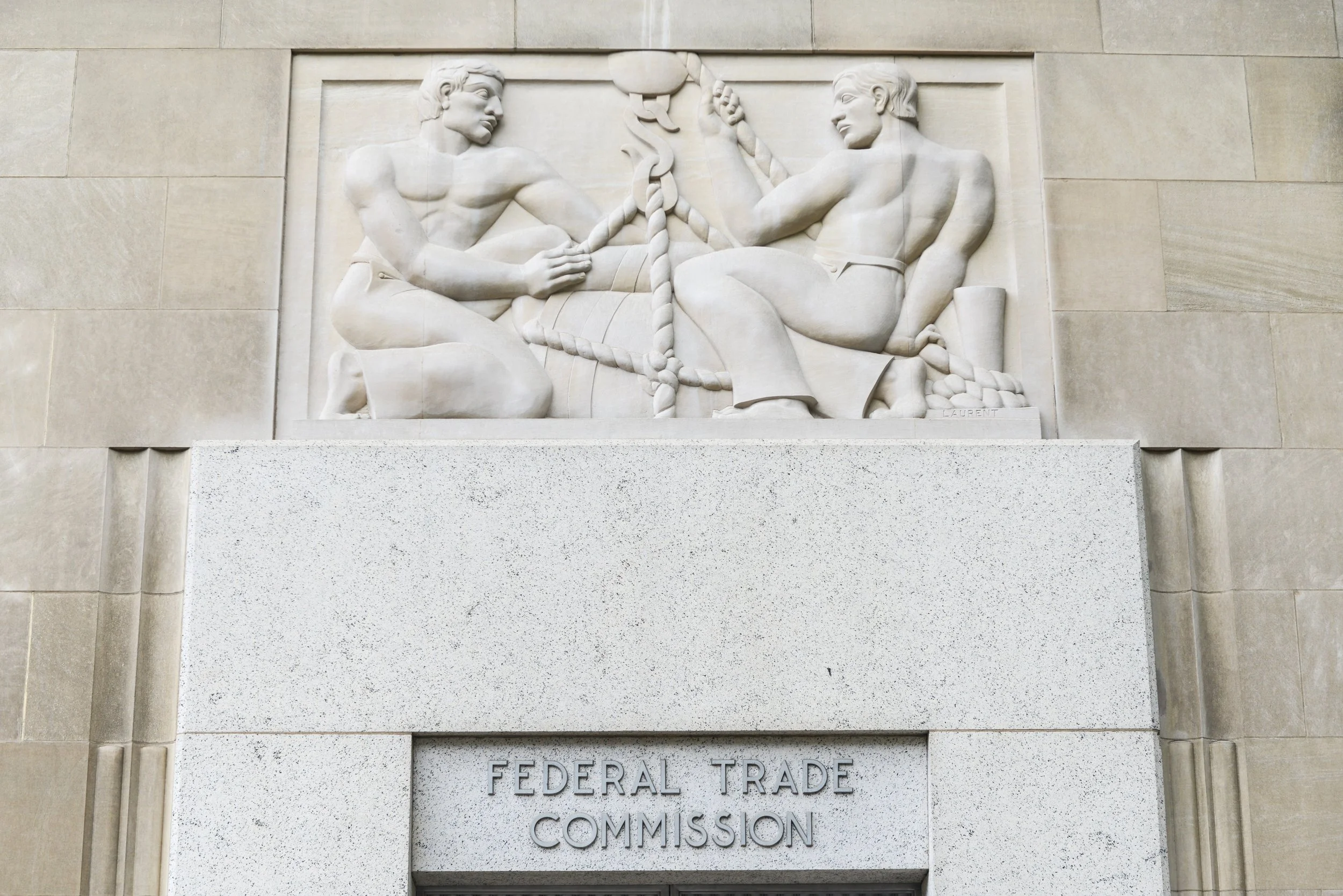The spiraling energy crisis prompted by Russia's invasion of Ukraine provides further evidence that energy is as much a geopolitical issue as it is an environmental and economic one.
Many countries have banned Russian energy imports, squeezing available supply and exacerbating volatility in oil and natural gas markets, resulting in higher costs on customers' energy bills.
It has also put energy security front and center of the public energy debate. At least in the developed world, a place typically occupied by environmental and climate concerns.
The response from policymakers has been either to call for the production of more traditional energy resources or to accelerate the transition to electrifying everything. There's probably a reasonable middle ground between those two positions, but it's anyone's guess whether policymakers can find it.
The situation further incentivizes consumers to generate their energy at home by installing rooftop solar panels and battery storage, smart meters, and other advanced energy technologies that allow them to reduce their dependency on the grid.














